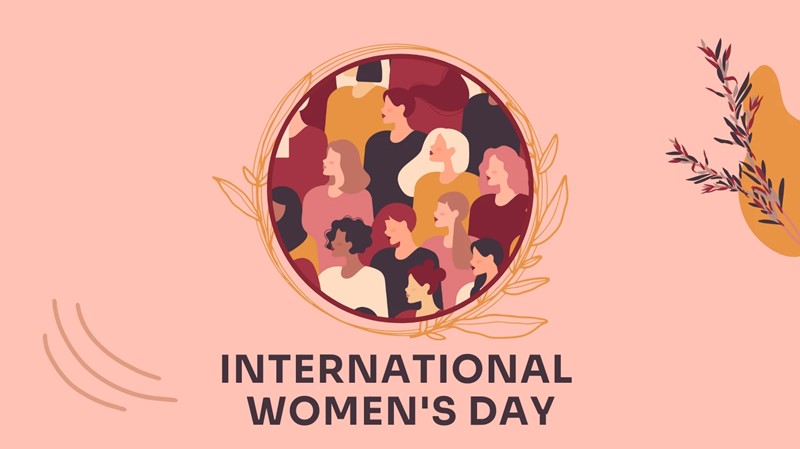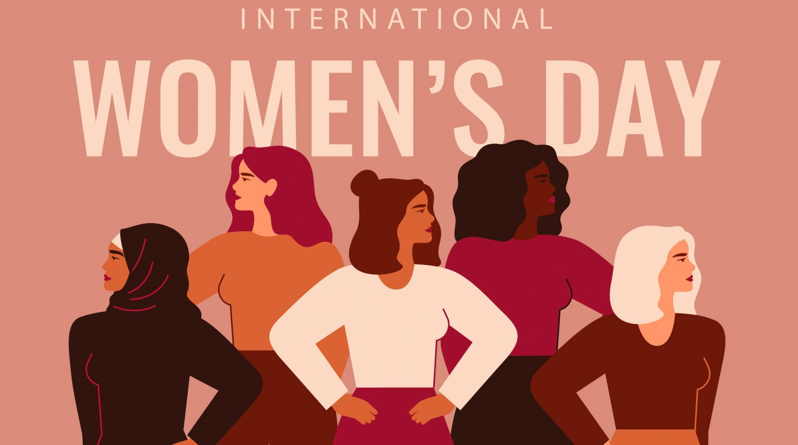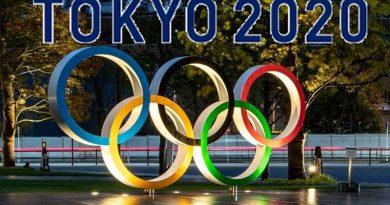International Women’s Day: Harness the digital age for gender equality – UNFPA and UN Women
Our world is becoming more and more digital, offering fresh and exciting prospects for improvement. And yet, when it comes to accessing and taking advantage of these possibilities, women are disproportionately left behind. The subject of this year’s International Women’s Day, which is celebrated on March 8th, is “DigitALL: Innovation and technology for gender equality,” and it makes a strong appeal for digital advancement to benefit everyone.
It is a call to celebrate and acknowledge the contributions of women and girls who are developing gender-responsive innovations and advancing digital technology, as well as a reminder that technology and innovation are important change agents that can buck counterproductive trends and reach those who are most likely to be left behind.
Women suffer a severe digital divide on a global scale. Only one in five people working in artificial intelligence are women, and an analysis of AI systems across industries found that almost half exhibit gender prejudice. According to a recent UNICEF survey, boys are 180% more likely than girls to own smartphones in poor nations. According to a USAID research, only 17% of women in Sierra Leone use their mobile phones to conduct financial transactions, compared to 30% of men. The worst effects of our social media age are also experienced by women and girls, with far too many people across all age groups, professions, and social sectors routinely engaging in online harassment and bullying. In reality, according to statistics, at least 38% of women worldwide have personally encountered online violence, and the percentage is growing.

We have the chance to oppose these trends in Sierra Leone. The Gender Equality Act, which was passed into law in January 2023, offers a crucial framework and fresh energy for coalition-building and collaboration with the public and private sectors, as well as with development partners, to advance gender equality, including by bridging the gender gap in digital access.
In order to advance ongoing efforts, such as programs that encourage equal involvement of women and girls in science, technology, and innovation, UNFPA and UN Women are dedicated to collaborating with all partners. As participants in Sierra Leone’s development, we all have a crucial part to play in ensuring that gender equality advances technologically for the benefit of all. This also entails deciding to:
ensuring that there are an equal number of girls and boys or women and men participating in all digital learning, training, and capacity building opportunities.
Applying a zero-tolerance policy to online harassment, abuse, and hate speech against women and girls, as well as gender-based violence,
investing in programs that assist women and girls in developing ideas and technology that are gender-responsive and meet their needs,
Data on the present gender digital divide are being gathered, and efforts to eliminate access disparities are being rigorously tracked.
educating decision-makers in the public, private, academic, and other sectors on the effects of the digital gender gap on development,
enhancing the universal availability, affordability, and quality of digital infrastructures.
In the digital age, there are never-before-seen opportunities to fight injustice and poverty and enhance the wellbeing of women and girls. Nevertheless, if innovation and technology are not made available to women and girls, its transformational potential will not be realized. For the benefit of everybody, let’s make a commitment to making the digital world safer, more inclusive, and more egalitarian. #PowerOn to create an equal digital world.




